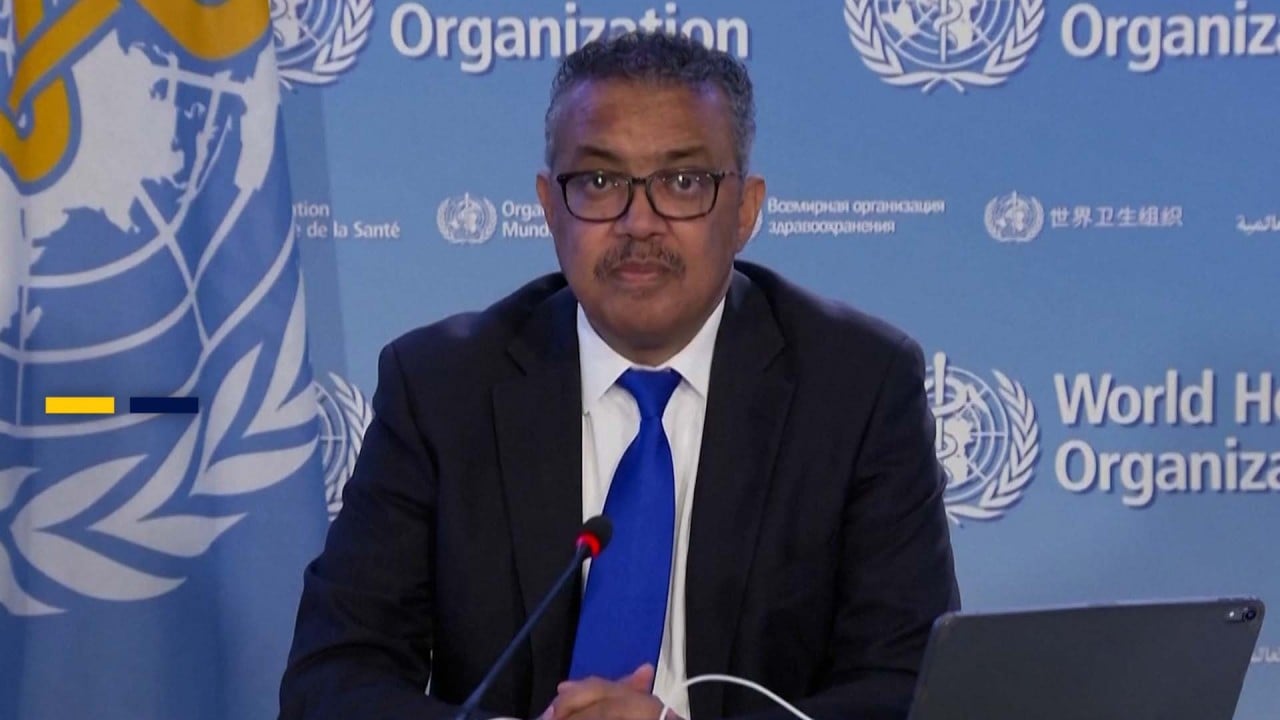
Hong Kong authorities confirm fourth case of monkeypox 1 day after recording third as experts warn more could follow
- Fourth case in city since last September involves 25-year-old man whose symptoms were initially misdiagnosed as chickenpox
- Expert says surge in cases was possible now that Hong Kong has lifted travel restrictions
But experts emphasised the risk to the public remained low and suggested more public education was needed to avoid an increase in high-risk exposures.
The Centre for Health Protection (CHP) said on Friday it was investigating an imported monkeypox case of a 25-year-old man whose symptoms had initially been misdiagnosed as chickenpox on April 15.
The CHP said the new case, the city’s fourth since last September, had recently visited monkeypox-affected areas, including Korea and Taiwan.
The latest case was a close contact of a 34-year-old man who was confirmed to have the virus on Thursday, which is now being considered an “import-related” case.
Two other household contacts have also been quarantined and will receive post-exposure vaccines, according to the centre.
The CHP urged the public to “heighten vigilance and avoid close contact with persons suspected of contracting mpox”.
Monkeypox, known as mpox, is a viral disease that spreads through prolonged contact between people. It causes a distinctive bumpy rash, fever and muscle aches. The most recent outbreak has spread to more than 100 countries.
“We’ve been expecting this in some way because Hong Kong has been loosening up all of its infection measures and people have been travelling, so we might see an upsurge in cases,” Dr Wilson Lam, an infectious disease expert, said.
“Without this kind of high-risk exposure, we do not have to worry about the general public catching monkeypox,” Lam said.

Dr Leung Chi-chiu, another infectious diseases expert, backed Lam and also called for increased public education and vaccination efforts.
“It’s not a major threat at this stage, at least,” Leung said. “But the risk is likely to persist in the years to come, and we need to promote vaccination in all high-risk communities.”
Leung appealed to the government to increase public education on monkeypox to encourage early treatment and detection as the 34-year-old patient did not consult a doctor until seven days after he first experienced symptoms.
He also asked the public to have an “open and non-discriminatory attitude” towards people who contracted the virus.
The city had its first confirmed case of the virus last September when a 30-year-old man returned from travelling in the Philippines.
The second case was reported in February and involved a 40-year-old man who returned from a week-long trip to Japan.
While monkeypox is endemic in certain regions, such as Central and West Africa, it began appearing in non-endemic areas including Europe and North America last May.
On Tuesday, Taiwan’s Centers for Disease Control announced it had detected 15 new cases, of which 13 were locally transmitted.
On April 8, South Korea reported its first locally transmitted case, according to a report by Seoul-based Yonhap News Agency.
According to the CHP, early symptoms include fever, intense headaches and fatigue. Painful mouth ulcers and skin rashes usually begin to appear one to three days after the onset of fever, and symptoms usually last for two to three weeks.
The centre said the disease’s fatality rate was between 1 and 10 per cent, based on previous outbreaks.
Both terms are still used, but the former name will be phased out by the end of the year.


